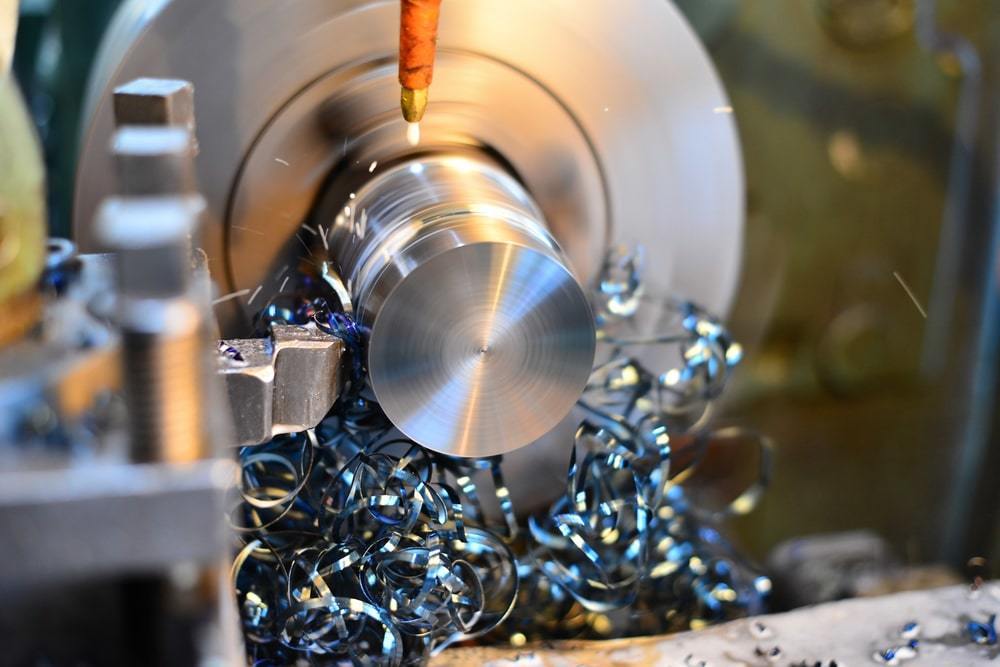


Machining is a fundamental manufacturing process that involves shaping, cutting, and finishing materials, typically metals, to create precise components and parts. This process is crucial in producing high-quality, accurate, and consistent products across various industries. Aviraj Precision Solutions excels in providing advanced machining services tailored to meet the diverse needs of its clients.
Process Overview:
Types of Machining Techniques:
Material Considerations:
Tooling:
Copyright © Aviraj Precision Solutions, All Right Reserved.
Designed By Collin IT Solution